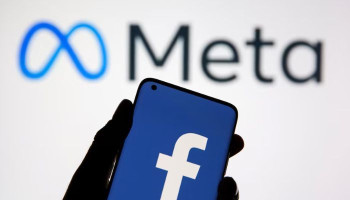
In a recent announcement, a high-ranking official from Meta Platforms revealed plans to significantly reduce the monthly subscription cost for Facebook and Instagram from €10 to €6.
This initiative aims to alleviate the concerns raised by privacy and antitrust watchdogs. Initially, the subscription service, introduced in Europe last November and devoid of advertisements, drew criticism from privacy advocates and consumer organisations. They argued that it essentially charges users for privacy assurance.
The subscription model was introduced as a response to the Digital Markets Act (DMA), which restricts Meta's ability to customize advertisements without user consent, impacting its primary revenue stream.
Meta has expressed that this pricing strategy is an effort to find a middle ground between adhering to EU privacy regulations and the requirements of the new DMA.
Tim Lamb, a lawyer for Meta, addressed a European Commission hearing, stating, "We are eager to expedite this process to reach a stable state. Therefore, we propose reducing the price from €9.99 to €5.99 for a single account, with an additional charge of €4 for extra accounts. This is the minimum reasonable price for services of this calibre, and it represents a significant proposal."
Lamb also mentioned the current regulatory uncertainty and the need for swift resolution.
The full-day hearing was organised to allow Meta's users and other parties to gain insights into the company's compliance with the DMA.
Earlier this year, Meta proposed this price reduction to regulators and is currently negotiating with data protection authorities, including Ireland's watchdog, on this matter.
Users who agree to be tracked can still access the service for free, which is financed through ad revenues.
Companies found in violation of DMA regulations could face penalties of up to 10% of their annual global revenue.















